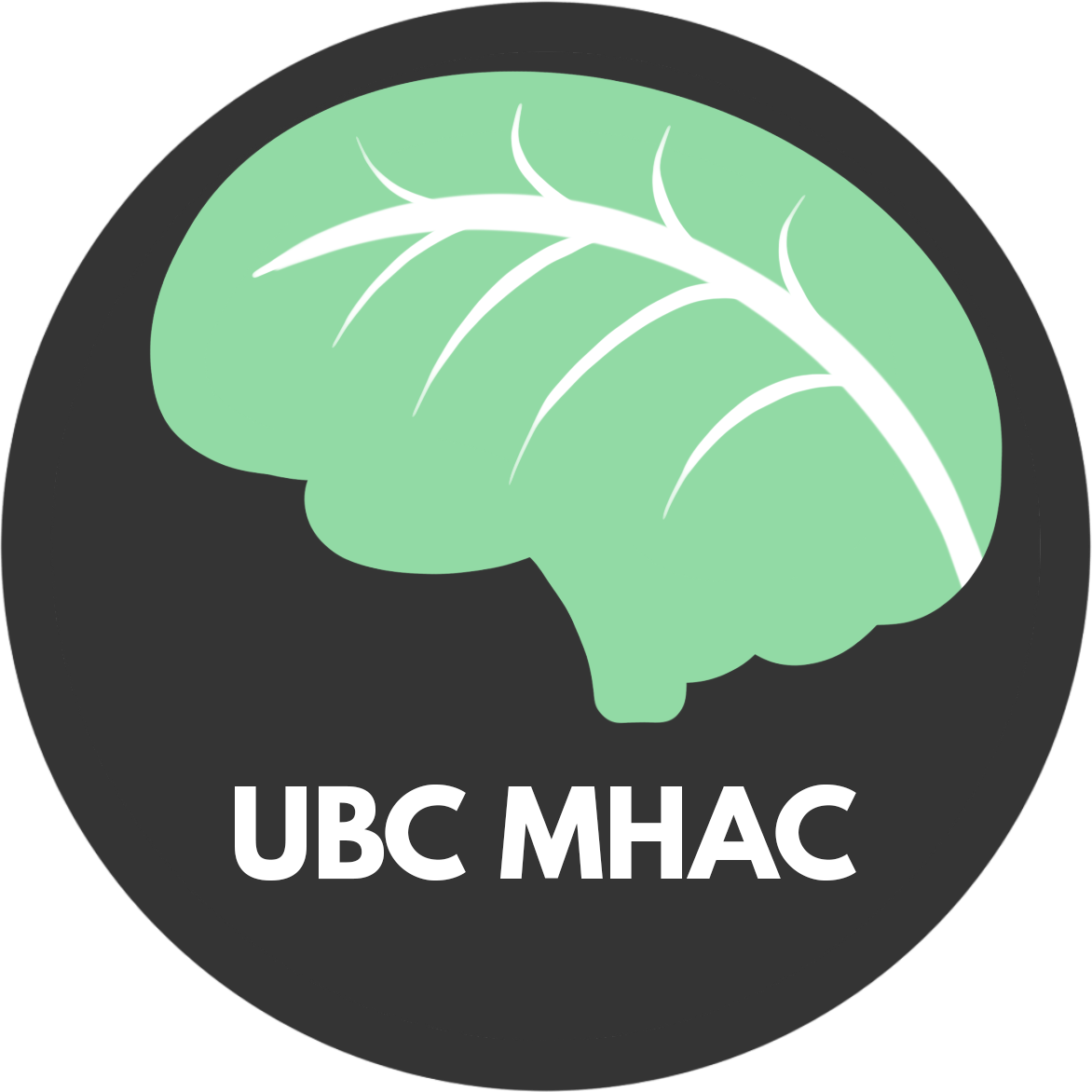So Fall is upon us and we’ve made it past the first month. Congratulations! The problem is, now that we have been thrown back into the rhythm of late night studying, early morning wake-ups, and intense studying, our immune systems naturally have started to weaken as we go into a new and unpredictable routine. We aren’t getting the optimal amount of sleep our bodies need in order to function properly, and there is no rest for the weary. These are unfortunately all factors contributing to the common cold. The common cold is almost unavoidable, but it may be preventable in degree. You will get over it, and you will be stronger because of it, but it definitely puts a damper on your mental well-being while it is around. Especially in these stressful times, a distraction is the last thing you need. It will make you slower, more tired, and therefore less efficient. It is harder to get up so early and definitely harder to stay up later, especially to study. So to decrease the level of unnecessary added stress that will come from getting sick, here are a few tips to safeguard your health and maximize your mental well-being:
- Take at least a 10-20 minute nap daily.
The optimal amount of nap time you should take has been studied and the verdict is a 10-20 minute nap. This sleep time is optimal for gaining that much more energy and avoid being groggy and disoriented after. Trust me, as you struggle to stare attack that bright computer screen and your eyes start to droop in and out of consciousness, you will be thankful and wake up feeling more rejuvenated just by taking this little time out of your day.
- Don’t procrastinate!
Procrastination is the number one cause of having to go to sleep later. Naturally, after a long day, you feel as though you deserve that hour break, which we all know will turn into more, to relax. And the answer is yes, you do deserve a break, but realistically you don’t have time to be off of your game. So as I previously suggested, take that 10-20 minute sleep break and not only will you give your body a much needed break to gather itself, you will also feel more rejuvenated after — which is the goal!
- Exercise, exercise, exercise, and drink lots of water while doing it.
Exercise is essential to keeping your body and mind at the top of its game. In an article titled “The Exercise Effect” by the American Psychological Association (APA), they state that “the link between exercise and mood is pretty strong [and usually] within five minutes after moderate exercise you get a mood-enhancement effect.” To maximize this mood-enhancement, pair it with water. Dehydration easily occurs and water will replenish you and help you to keep going stronger and for a longer duration. To clarify, it doesn’t need to be a vigorous workout at the gym, it can simply be going outside and taking a minimum 15 minute walk. Co-authors Smits and Otto also reasoned that exercising regularly helps those prone to anxiety to become less likely to panic and become anxious from stressful stimuli.
The exercise mood boost coming from following these tips will give you more energy, instant gratification, motivation, and will rid of the unnecessary toxins in your body, especially when paired with drinking lots of water. The mental boosts you will receive from following these few steps will not only push you to be more motivated and feel more happy, but will aid in you managing your well-being more positively through these extra stressful times and in the process, keep away the sick bug as your body is more positive in all aspects — mental and physical. There is a saying: water, exercise, and a nap a day keeps the doctor away! That’s the right expression, isn’t it?
Written by Laura Spong
References:
Weir, K. (2011, December). The exercise effect. American Psychological Association, 42(11). Retrieved from http://www.apa.org/monitor/2011/12/exercise.aspx
Pinola, M. (2013, April 4). How Long to Nap for the Biggest Brain Benefits. Retrieved October 4, 2013, from http://lifehacker.com/how-long-to-nap-for-the-biggest-brain-benefits-1251546669
